Web Search - Comprehensive Internet Exploration
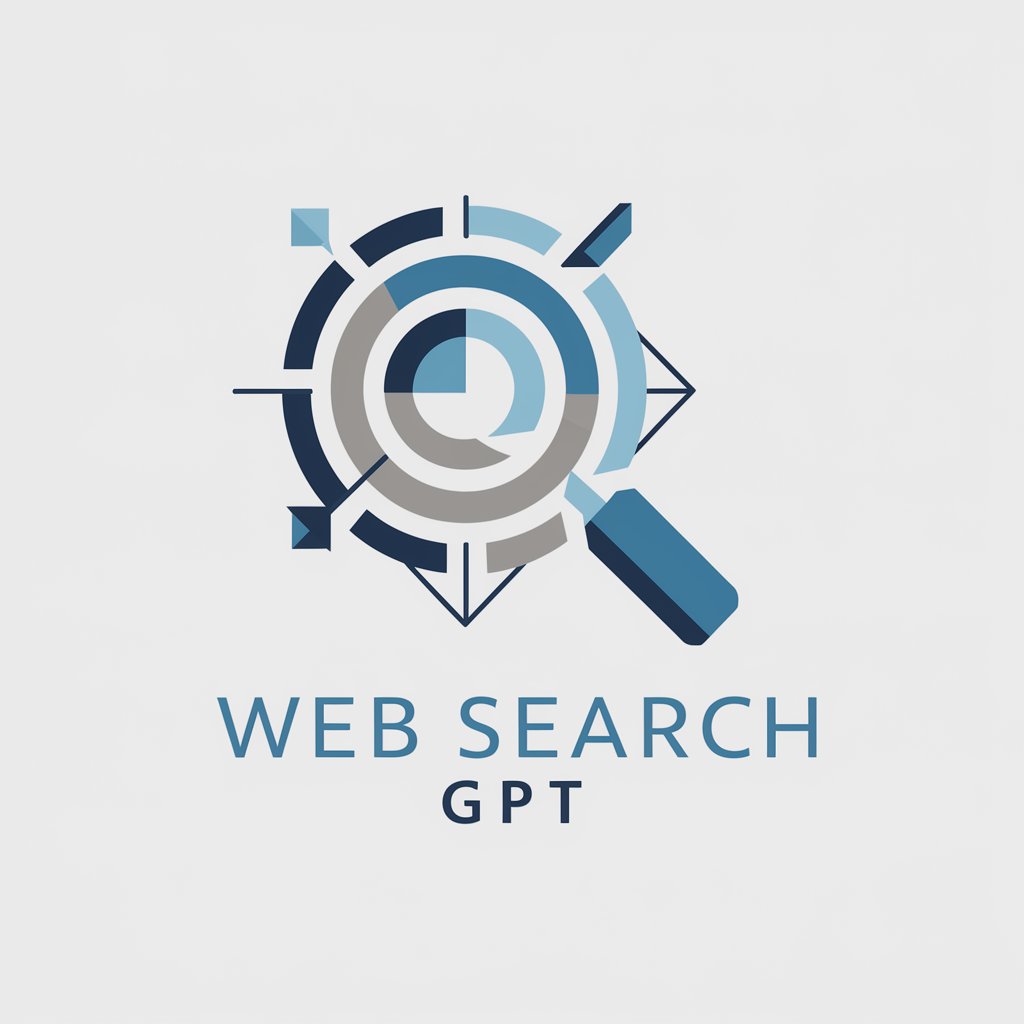
Hello, how can I assist you with your search today?
AI-Powered, Multi-Source Information Synthesis
Explain the significance of
What are the key differences between
How does the process of
Summarize the main points of
Get Embed Code
Introduction to Web Search
Web Search is designed as an advanced digital assistant that specializes in navigating the vast expanse of the internet to fetch, synthesize, and provide comprehensive insights on a wide array of topics. Unlike standard search engines that simply list links, Web Search delves into the content of various sources, amalgamating pertinent information to present a cohesive understanding of the subject matter. It's engineered to tackle complex queries by offering detailed explanations, summarizing key points, and even providing analytical insights where necessary. For instance, if a user inquires about the latest advancements in renewable energy, Web Search would not only list relevant developments but also elaborate on technologies, impact assessments, and potential future trends, thus offering a holistic view. Powered by ChatGPT-4o。

Core Functions of Web Search
Information Synthesis
Example
Compiling data on climate change impacts across different regions, Web Search would extract and condense information from scientific articles, news reports, and academic studies to present a comprehensive overview.
Scenario
When a user needs a detailed report on a topic with diverse sources and perspectives.
Real-Time Data Retrieval
Example
Fetching the latest statistics on COVID-19 vaccination rates by country, including new variants and health advisories.
Scenario
Users looking for the most current information on public health issues, where timeliness and accuracy are crucial.
Analytical Insights
Example
Analyzing trends in the stock market, including major movers, industry impacts, and potential future trends, by processing complex datasets and expert analyses.
Scenario
Investors seeking in-depth market analysis and insights to inform their investment decisions.
Creative Content Generation
Example
Designing an infographic that summarizes the key milestones in space exploration from multiple authoritative sources.
Scenario
Educators or content creators needing visually engaging materials to complement their narratives.
Ideal Users of Web Search Services
Researchers and Academics
Individuals who require extensive, credible information on specific topics for studies, papers, or academic projects. Web Search's ability to synthesize information from multiple academic sources makes it invaluable for in-depth research.
Professionals and Business Analysts
Those in need of real-time market data, industry trends, competitive analysis, or customer insights for strategic decision-making. Web Search's real-time data retrieval and analytical capabilities can provide a competitive edge.
Journalists and Writers
Content creators looking for comprehensive background information, fact-checking, and diverse viewpoints to craft well-informed articles, reports, or stories. Web Search's synthesis of wide-ranging data sources supports nuanced storytelling.
Educators and Students
This group benefits from Web Search's ability to provide detailed explanations, summaries, and creative content generation for teaching materials, lesson plans, or academic assignments, making complex topics accessible and engaging.

Guidelines for Using Web Search
1
Visit yeschat.ai for a complimentary trial, accessible without any login or the necessity of ChatGPT Plus subscription.
2
Identify your query or the information you seek. This could range from academic research to everyday trivia.
3
Utilize the provided search tools, entering keywords or specific questions related to your topic.
4
Review and analyze the synthesized search results, which incorporate diverse sources for a comprehensive understanding.
5
Leverage additional features like Python analysis or image creation with DALL-E for enhanced insights and visual representations.
Try other advanced and practical GPTs
Programming Expert
Your AI-Powered Coding Companion

Essay Paraphraser
Revolutionizing Writing with AI-Powered Paraphrasing
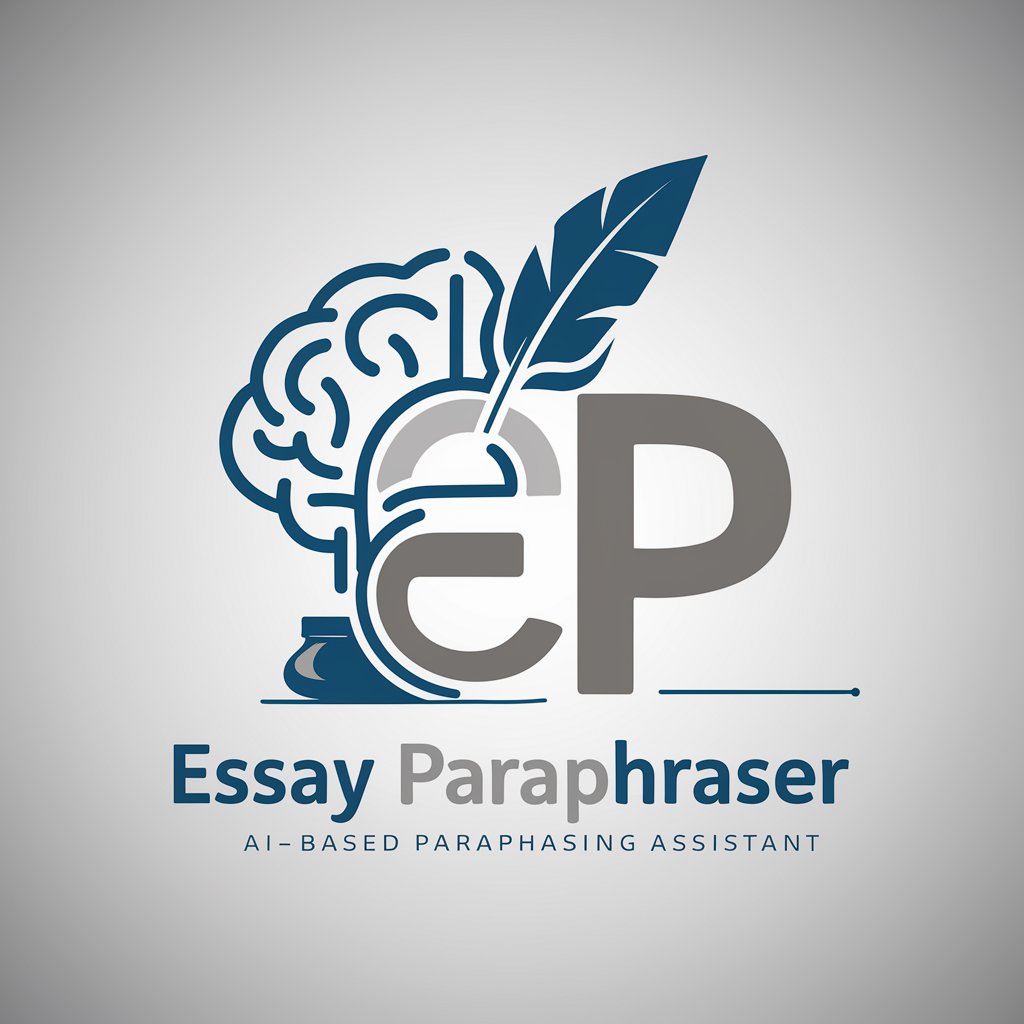
Literature Recommender
Discover Your Next Read with AI
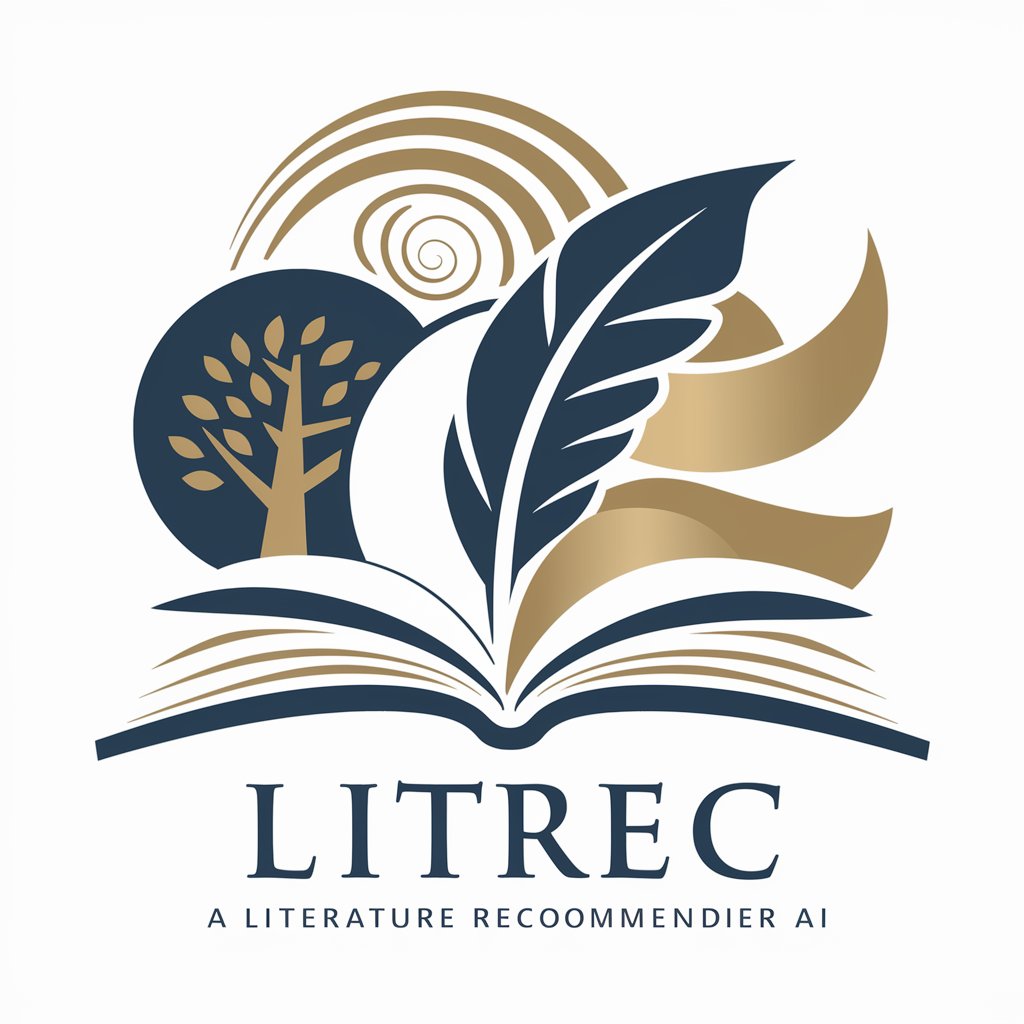
Reading Translator
AI-powered, Multifaceted Translation
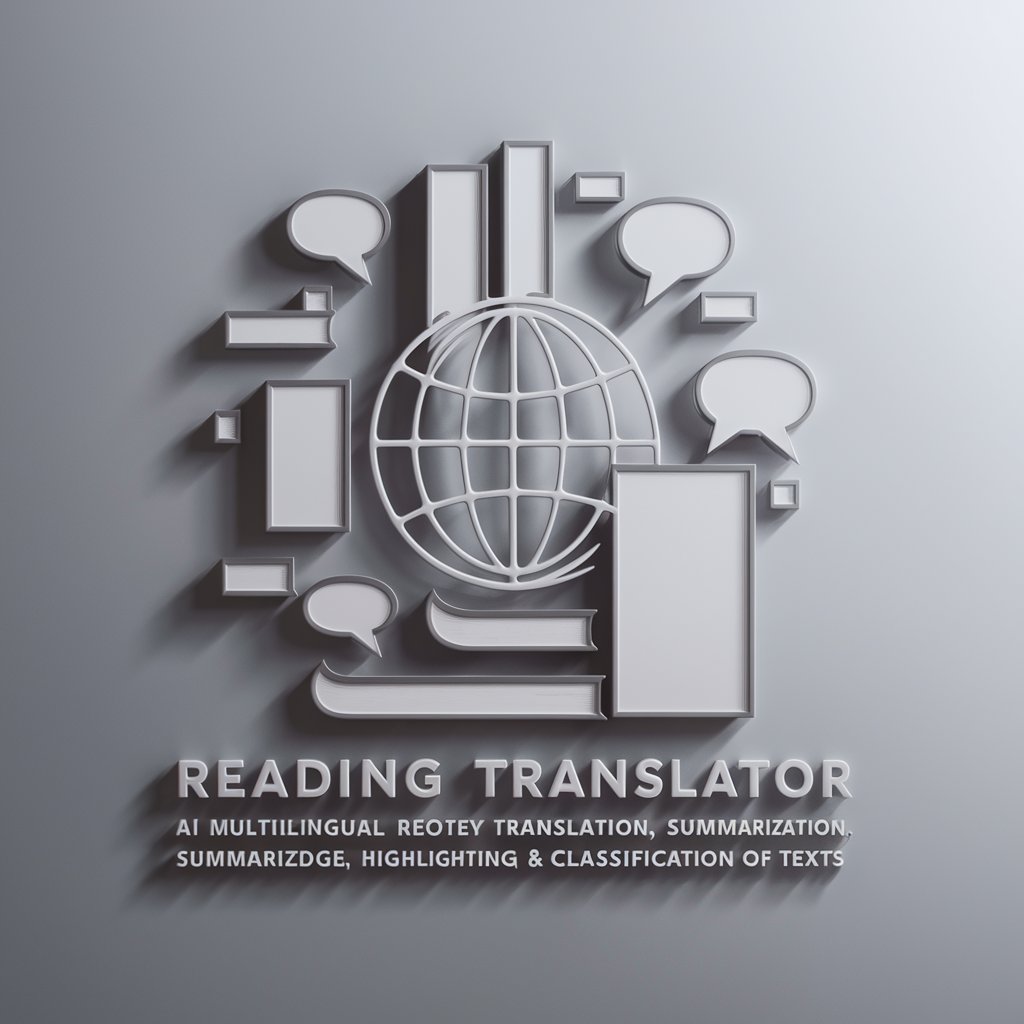
Video to Text
Transcribing Videos with AI Precision

Worldwide Fisher: Fish Game and Guide
Realistic fishing at your fingertips, powered by AI.
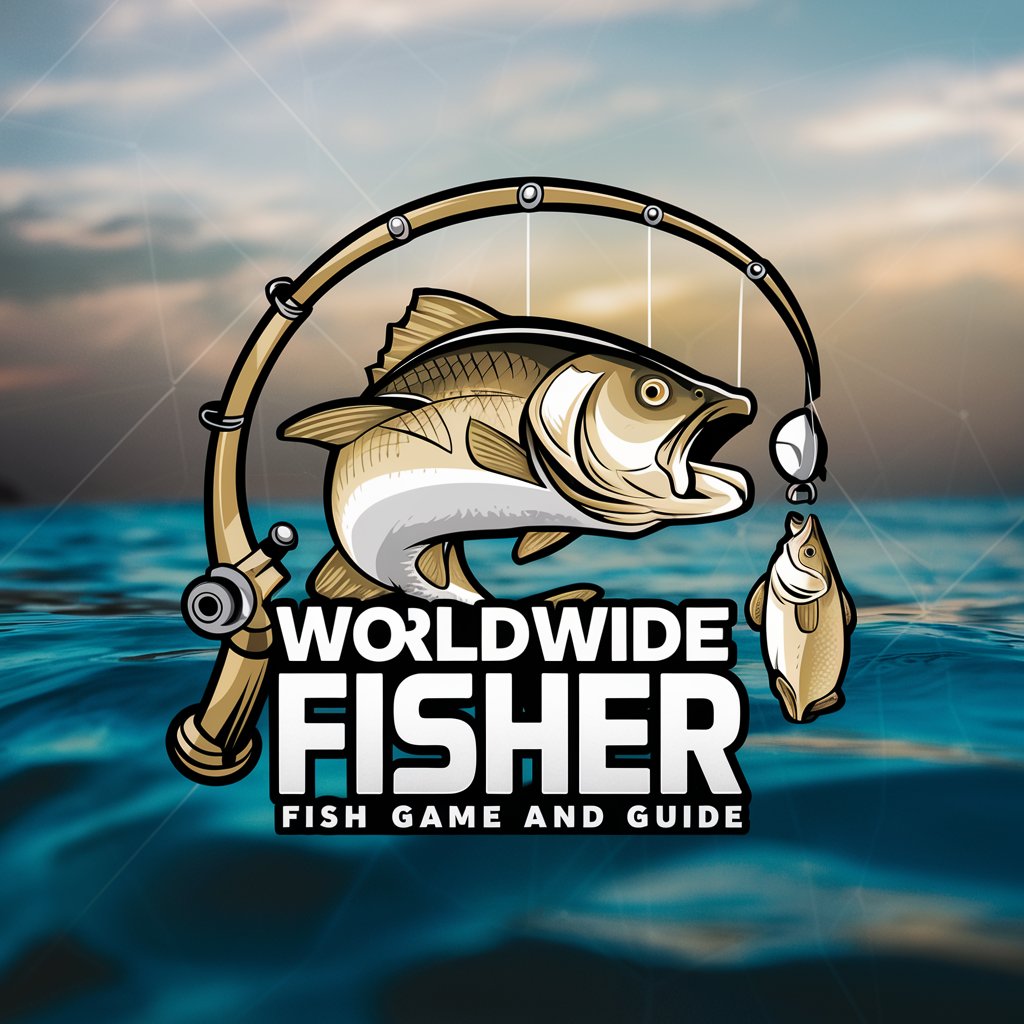
佳小明 EDGE 1040 金牌🏅客服
Empowering Garmin Users with AI-Powered Assistance

Methodology Generator
Streamlining Research with AI-Powered Methodologies
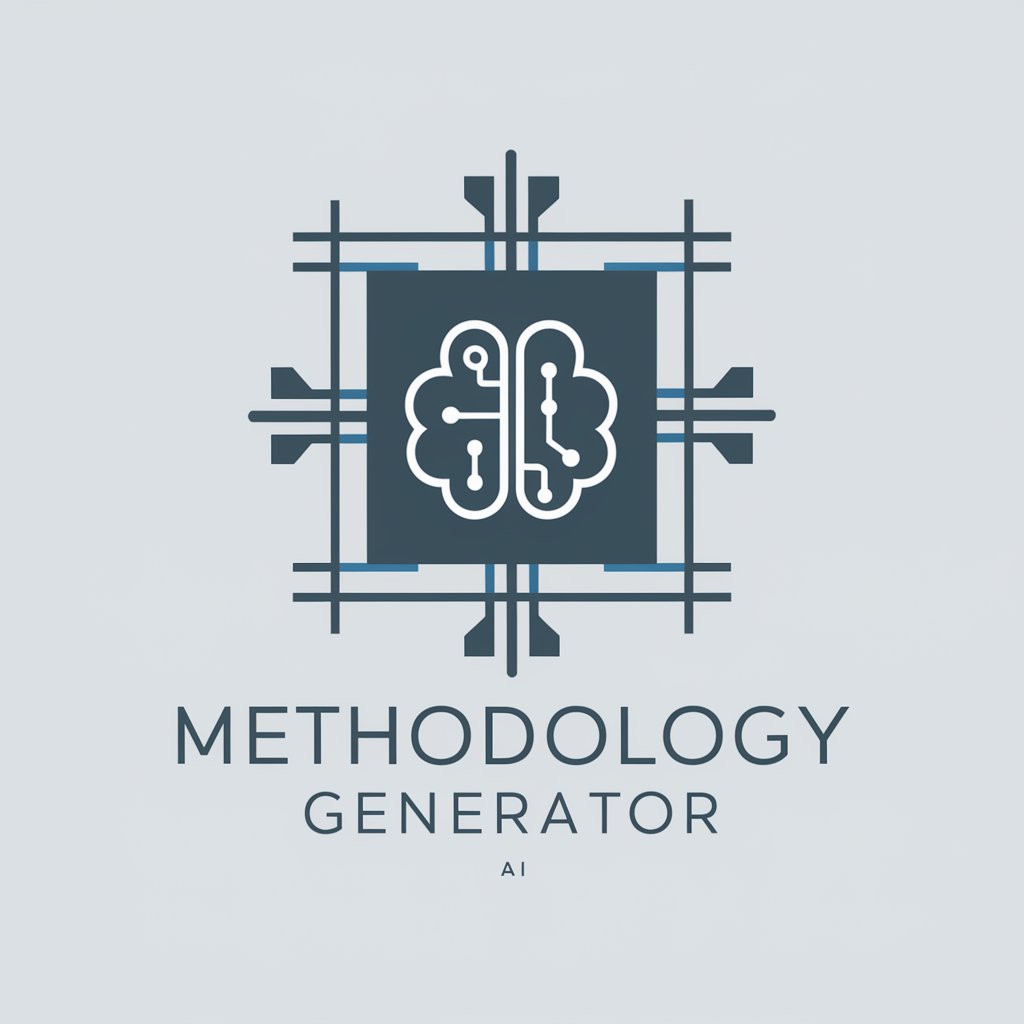
程序员鼓励师
Empowering Programmers with AI

Brainstorm Generator
Empowering Minds with AI-Driven Creativity
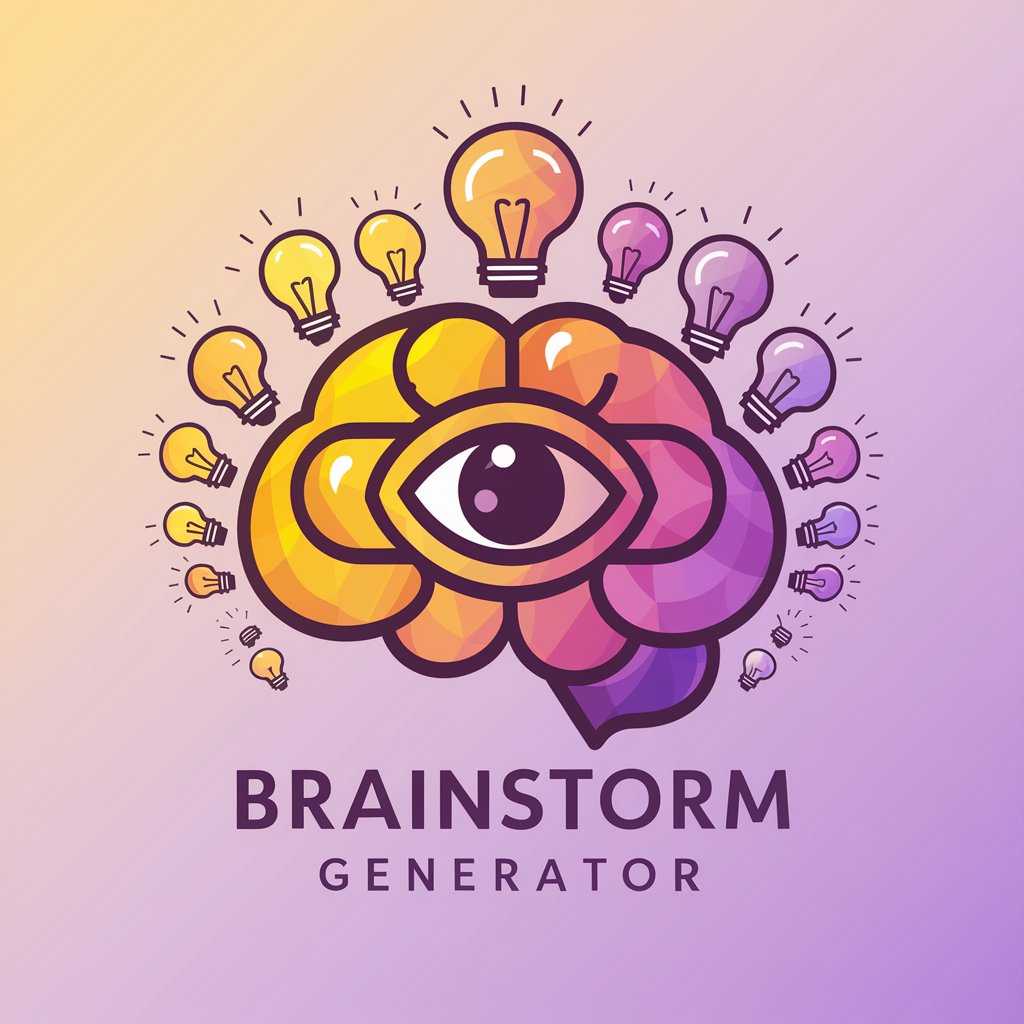
Advisory Board v. 1.1
Empowering Decisions with AI-Driven Expertise

Captain Canada's Hockey Highlights
Bringing Hockey's Heart to AI

Frequently Asked Questions About Web Search
What makes Web Search different from regular search engines?
Web Search synthesizes information from various sources, providing detailed, comprehensive summaries rather than just listing links or direct excerpts.
Can Web Search help with academic research?
Absolutely. It's designed to gather and summarize information from multiple sources, making it ideal for in-depth academic research.
How does Web Search handle real-time information?
While Web Search doesn't access live data, it can search recent internet content, making it useful for up-to-date information retrieval.
Is Web Search capable of analyzing data or creating visuals?
Yes, it integrates Python for data analysis and uses DALL-E to create custom images, enhancing the depth of information provided.
Can Web Search assist in writing or content creation?
Certainly. It can provide detailed summaries and insights, serving as a valuable tool for writers and content creators in generating ideas and verifying facts.
